
The Alliance of Sahel States (AES), comprising Mali, Niger, and Burkina Faso, has shown strong military and diplomatic cohesion since their respective military takeovers. These nations have pursued a shared diplomatic path characterised by anti-Western sentiments and a pivot toward alternative global powers such as Russia.
However, recent developments have introduced significant contradictions and confusion about the direction of this alliance, particularly concerning relations with Algeria and Russia.
Diplomatic tensions between Algeria and Mali have deepened, with Mali accusing Algeria of backing separatist groups, specifically Tuareg rebels. Algeria has rejected these allegations; however, diplomatic relations between the two countries remain strained, with no signs of improvement. The recent downing of a Malian drone by Algeria has further escalated tensions, as Mali claims the drone was on an anti-terrorism mission. Meanwhile, Russia, a strong ally of Mali in its counter-terrorism efforts, has faced reported rejection from Algeria, which is said to have opposed Russia’s military involvement in Mali and even requested their withdrawal.
Simultaneously, Algeria has strengthened its ties with Niger, a fellow AES member, despite having closed its airspace to Mali—a move that further exacerbates regional divisions. Algeria and Niger have recently engaged in various economic cooperation initiatives, with continued visits by delegations from both countries. Both nations have signed numerous developmental cooperation agreements, and Algeria has emphasised its unwavering support for Niger in its anti-terrorism operations.
However, the growing relationship between Algeria and Niger has raised questions due to the AES’s common principle that “the enemy of one is the enemy of all.” Algeria’s diplomatic crisis with Mali contrasts sharply with its strengthening cooperation with Niger. This principle was notably invoked when the AES accused Ukraine of supporting the Tuareg rebels in Mali.
While Nigerien officials have stressed that their relationship with Algeria will not affect their ties within the AES, the impact is undeniable. Meanwhile, Russia continues to engage with Algeria and the AES on military cooperation, adding further complexity to this already tense diplomatic landscape.
Recent criticism has also followed Niger’s decision to summon Algeria’s ambassador in a show of solidarity with Mali. Some political analysts argue that Niger should prioritise economic diplomacy with Algeria rather than engage in ideological alignment that could threaten its national interests. This stance raises questions about the long-term cohesion of the AES, especially as analysts weigh the benefits of Algeria’s stability and economic potential against unwavering support for Mali.
In Niger, some citizens and analysts are urging the government to maintain its bilateral relations with Algeria and to refrain from entangling itself in the Mali-Algeria conflict. This appeal runs counter to the AES principle of collective solidarity, as the three member states have committed to a unified approach to external threats and diplomatic engagement.
The emerging AES–Russia–Algeria axis remains unclear and increasingly inconsistent. These tensions may open the door for powers such as France to reassert influence through proxy means, taking advantage of the diplomatic disarray. The coming months will be crucial in determining whether these contradictions are resolved or further destabilise the bloc—and how Russia navigates its competing alliances in the region.
This diplomatic vacuum may also present new opportunities for countries like Turkey and France, both of which are seeking to strengthen their presence in the region. Turkey, in particular, is likely to monitor the situation closely as global powers compete for influence in this strategic area.
China, too, may seek to exploit the unfolding instability. However, its recent relations with Niger have become strained after Chinese companies were accused of contributing to destabilisation efforts, prompting sharp criticism from Niger’s government. Nevertheless, China remains a potential player in this regional power contest.
In sum, the Sahel is fast becoming a theatre for great power competition, with the AES alliance, Algeria, and Russia entangled in a web of conflicting interests and unpredictable diplomacy.
Read More:
- Burkinabe Govt Expands Control Over Mining Sector in Push for Greater Resource Revenue
- Ghana Expands Gold Reserves by Securing Deal to Buy 20% of Output from Nine Mining Companies
About The Author
Zerihun Hailu
author
Zerihun Hailu Bayu is a young Ethiopian researcher and communication professional. He is also a former lecturer of Journalism and Communication at Arba Minch University. Zerihun’s primary geopolitical interest lies in the Sahel and Horn of Africa regions.
Zerihun Hailu
Zerihun Hailu Bayu is a young Ethiopian researcher and communication professional. He is also a former lecturer of Journalism and Communication at Arba Minch University. Zerihun’s primary geopolitical interest lies in the Sahel and Horn of Africa regions.
Related Articles
Nigerian Senate President, Akpabio Appeals Court Ruling Overturning Suspension of Senator Natasha
Nigerian Senate President, Godswill Akpabio, has filed a formal appeal seeking to...
ByOluwasegun SanusiJuly 15, 2025Cameroon’s 92-Year-Old President, Paul Biya, Declares Bid to Run for Eighth Term in October Election
Cameroon’s President Paul Biya has officially declared his intention to run for...
ByConfidence UbaniJuly 14, 2025Tinubu Uses Federal Power to Pressure Opposition Governors into APC, Deepening State Capture Ahead of 2027
President Bola Ahmed Tinubu’s political strategy ahead of the 2027 elections is...
ByWest Africa WeeklyJuly 13, 2025U.S. Deports Eight Prisoners to South Sudan as Pressure Mounts on West African Nations
The United States has deported a group of convicted foreign nationals to...
ByConfidence UbaniJuly 12, 2025


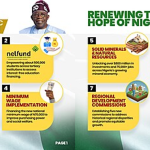


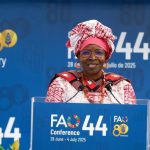
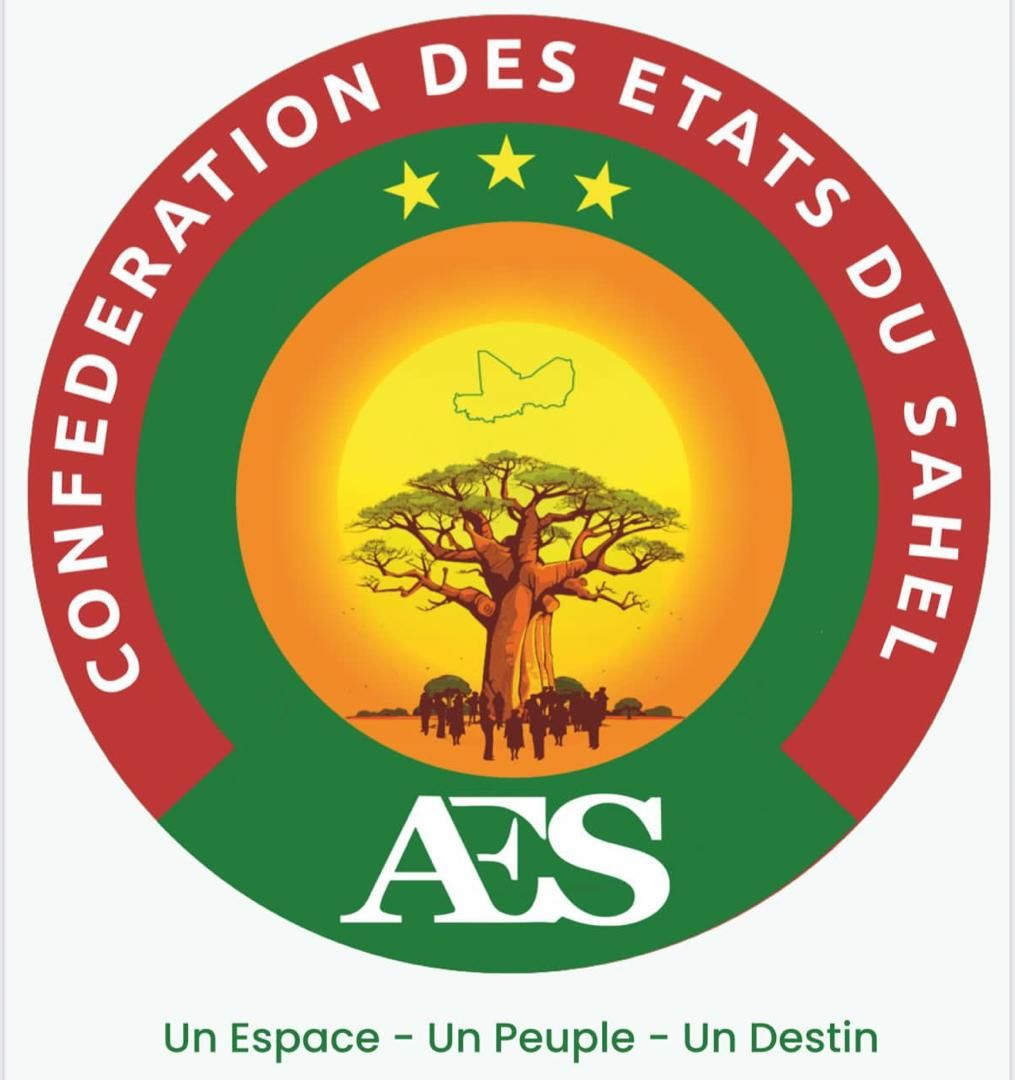

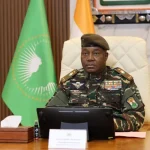
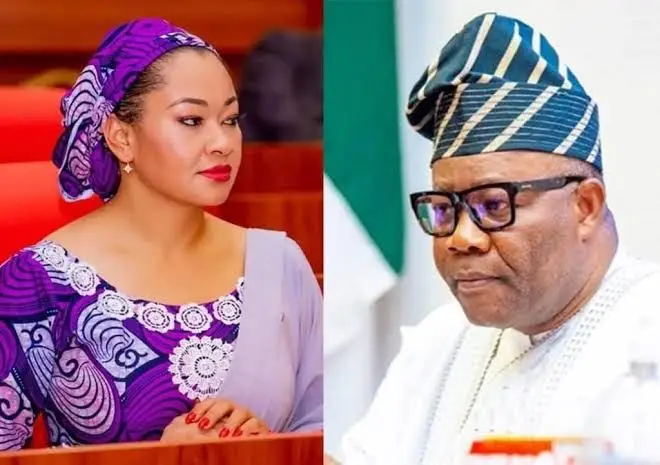

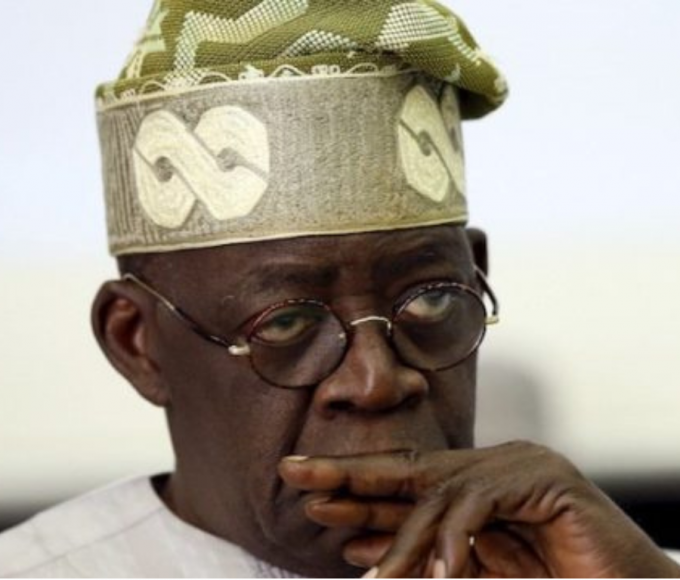

Leave a comment